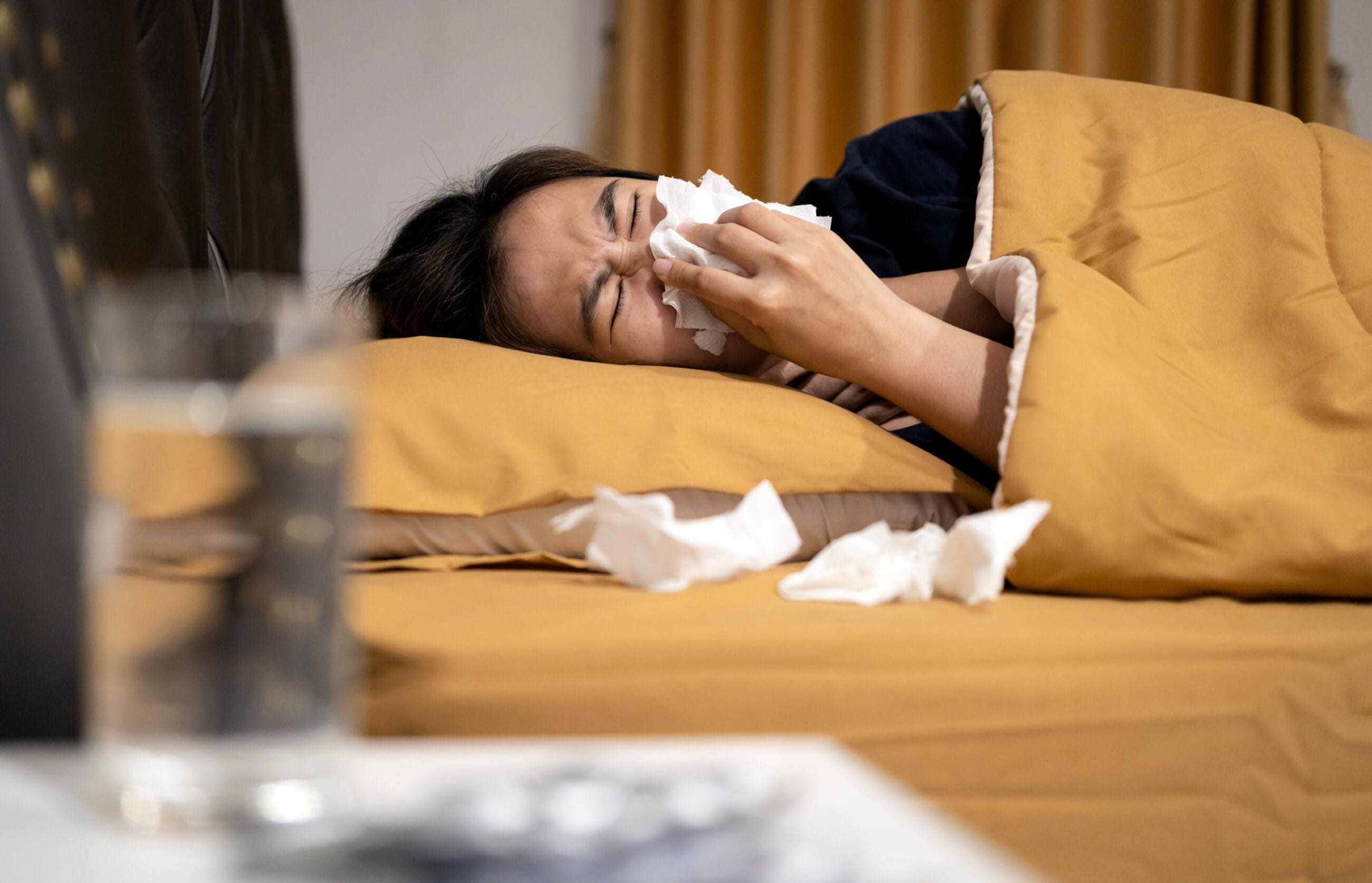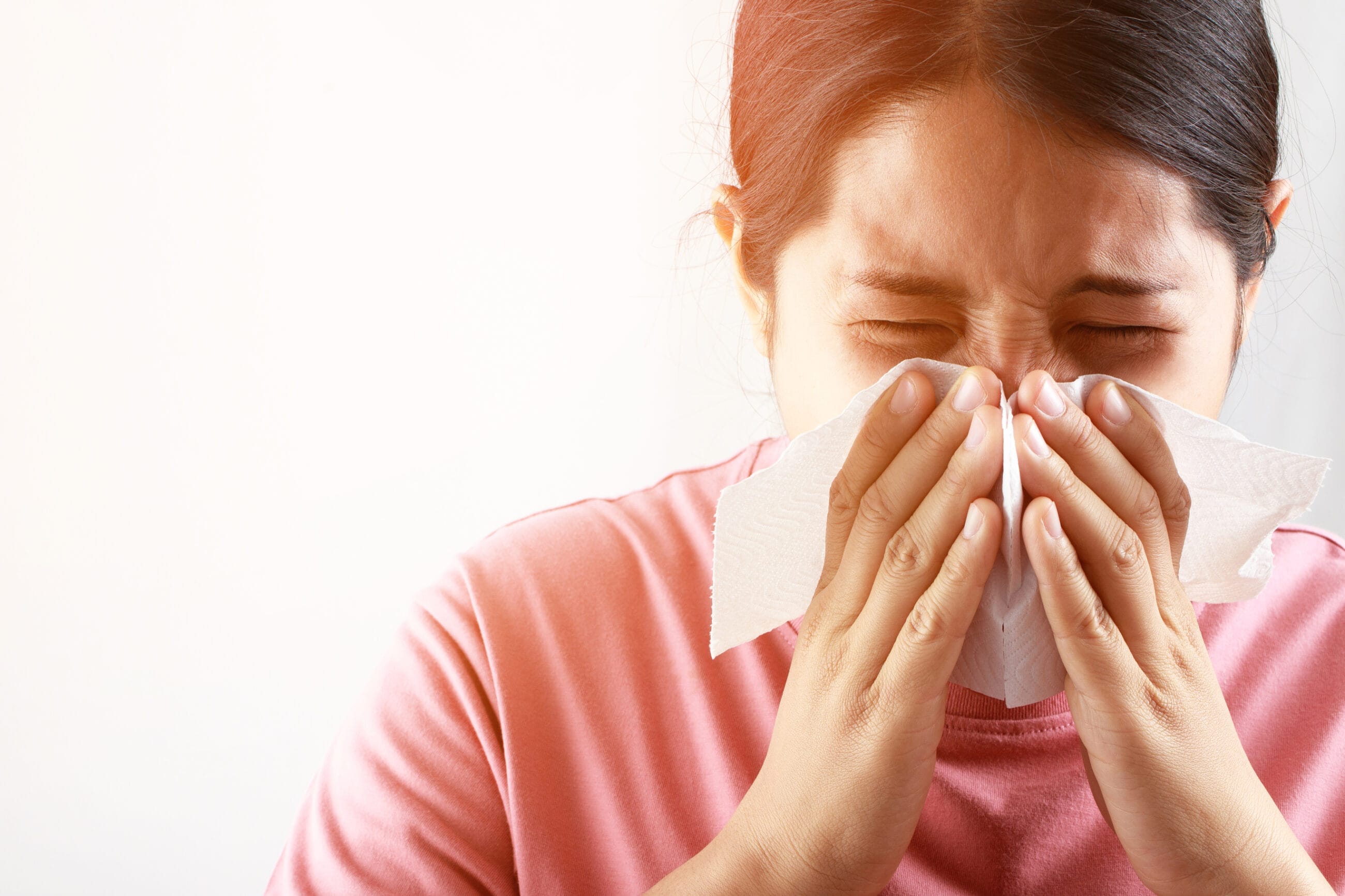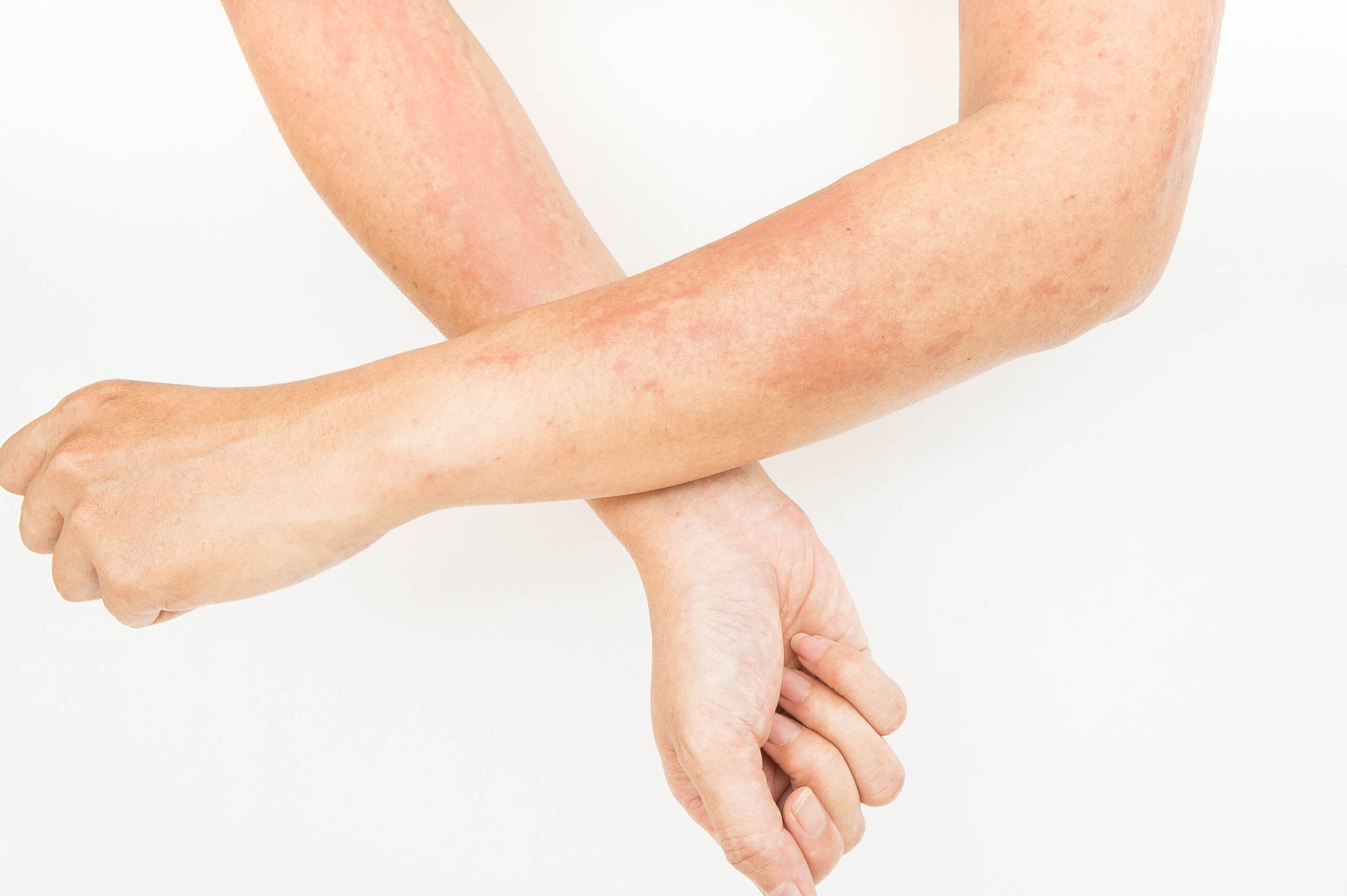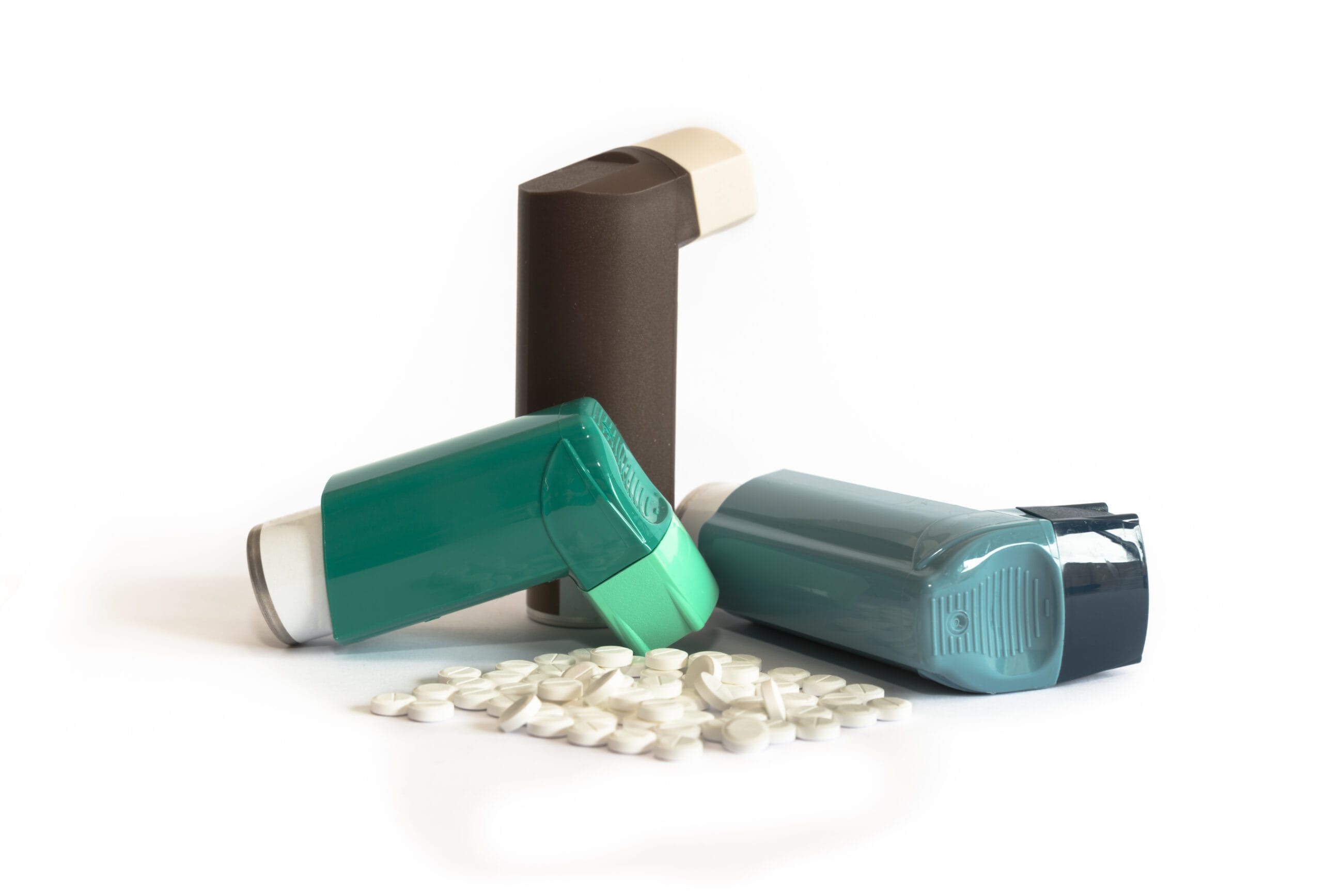Allergies are more than just an inconvenience—they can significantly affect your quality of life. Whether you’re battling a runny nose, itchy eyes, or watery symptoms, allergies don’t have to control your days.
This guide offers a comprehensive look at allergies, from understanding what triggers them to finding the right treatments, lifestyle adjustments, and diagnostic options. If you’re an allergy sufferer or just looking to maintain your health, you’re in the right place.
What Are Allergies?
At its core, an allergy is your immune system’s overreaction to substances it mistakenly identifies as harmful. Known as allergens, these triggers can range from pollen to certain foods.
While allergies often manifest as mild symptoms like sneezing or nasal congestion, they can escalate to more severe reactions, like difficulty breathing or even asthma, as the airway becomes inflamed.

Common Allergens in Singapore
- Food: Nuts, shellfish, and dairy are common offenders.
- Dust Mites: An invisible yet constant presence in humid climates like Singapore.
- Mold: High humidity levels encourage mold growth, a key trigger for allergic rhinitis.
- Pollens: Certain plant species in Singapore can worsen respiratory allergies.
- Animal Dander: Pets are lovable, but their hair can sometimes cause issues.
If allergies are impacting your daily life, treatments like allergy shots may help reduce sensitivity and improve symptoms over time.
Types of Allergies
Allergies can significantly impact quality of life, but understanding their triggers and types that cause an allergic reaction empowers individuals to manage symptoms effectively and lead healthier, more comfortable lives. Allergies may also be linked to asthma in some individuals, further highlighting the need for proper management.
1. Food Allergies

Allergenic foods like peanuts, soy, and shellfish are widely consumed in Singapore, making cases of food allergies quite prevalent.
- Managing Food Allergies
- Always read food labels carefully.
- Inform restaurant staff about your allergies when dining out.
- Carry an epinephrine auto-injector (EpiPen) for emergencies.
2. Respiratory Allergies

Living in Singapore’s humid environment means dealing with high levels of dust mites, mold, and even pollen allergies, all common triggers for allergic rhinitis.
- Symptoms Include
- Persistent sneezing
- Nasal congestion
- Watery eyes
- Prevention Tips
- Invest in air purifiers for your home.
- Use hypoallergenic bedding.
- Maintain a regular vacuuming schedule (with HEPA filters).
3. Skin Allergies

Skin reactions like rashes and hives can occur from contact with certain chemicals, metals, or fabrics. Latex allergy is also a common form of skin allergy, particularly in medical or industrial environments.
- Eczema and Dermatitis
- Keep your skin moisturized.
- Wear loose, breathable clothing.
- Use fragrance-free products to avoid irritation.
4. Drug Allergies
Some medications—like antibiotics—can trigger allergic reactions. Always consult your doctor if you suspect a drug allergy. Allergy and asthma often overlap in individuals with sensitivities, making it essential to monitor symptoms closely.
5. Animal and Insect Allergies
Pets and insect stings can cause mild to severe allergic reactions. Minimizing exposure is key, along with keeping rescue medication on hand.
Allergy Symptoms
Symptoms vary but often include a combination of the following:
- Sneezing
- Runny nose or nasal congestion
- Itchy eyes or watery eyes
- Hives or skin rashes
- Severe symptoms like breathing difficulties (seek immediate medical help).
Managing Seasonal Allergies
Seasonal allergies can significantly impact daily life, but proactive management and simple strategies can help ease symptoms and improve overall quality of life effectively. Allergies occur when substances that cause allergic reactions, such as pollen or dust, trigger the immune system.

Avoid Allergy Triggers
Identify and avoid allergens like pollen, mold, and dust mites. Keep windows closed during high-pollen seasons, use air purifiers, and clean regularly to reduce exposure. Minimizing contact with substances that cause allergic reactions is key to managing symptoms.
Monitor Pollen Levels
Check local pollen forecasts and take precautions during peak times. Limit outdoor activities on high-pollen days and wear a mask if needed. Being aware of the signs of an allergic reaction can help you take action promptly.
Use Over-the-Counter Medications
Antihistamines, decongestants, and nasal sprays can ease allergy symptoms. Consult a healthcare provider to find the best option for you, especially if you’re prone to a serious allergic reaction.
Try Allergy Immunotherapy
For severe allergies, treatments like allergy shots or sublingual tablets can desensitize your immune system and provide long-term relief. These therapies can reduce the chance of a life-threatening allergic reaction over time.
Maintain a Healthy Lifestyle
Eat a balanced diet, stay hydrated, and exercise regularly to support your immune system. Manage stress with techniques like mindfulness or yoga to reduce symptoms and improve your capacity to handle a reaction.
Diagnosing Allergies in Singapore
The first step to managing allergies is diagnosis. Mediway Medical can assist with a range of reliable tests, including:
- Skin Prick Tests to identify specific allergens.
- Blood Tests to measure your immune system’s response.
- Elimination Diets to pinpoint food triggers.
Specialist clinics provide tailored diagnostic services to ensure an accurate understanding of your triggers.
Treatment Options
At Mediway Medical, we offer several effective treatments for allergies, including common allergy remedies and specialized care for severe cases.

Over-the-Counter Allergy Medications
- Antihistamines to relieve sneezing, itchy eyes, and other minor symptoms.
- Nasal Sprays and Decongestants to ease nasal congestion.
Prescription Treatments for Treating Allergies
For more severe cases, your allergist may recommend immunotherapy or specialized tablets.
Managing Severe Reactions
Immediate administration of epinephrine can be life-saving for anaphylaxis cases. At Mediway, we teach proper EpiPen use as part of our patient care services.
Natural and Home Remedies for Treating Allergies
Simple remedies like using saline sprays or drinking warm tea with honey can help soothe mild symptoms.
Prevention And Managing Allergies
Allergies can significantly impact daily life, but proactive management strategies and preventative measures can help reduce symptoms and improve overall quality of life effectively.
Environmental Controls
- Use dehumidifiers to reduce mold.
- Clean air-conditioning vents frequently.
Avoidance Measures
- Always check food and medication labels.
- Create an allergy-safe home.
Building Immunity
Growing evidence suggests that probiotics and nutrient-rich foods may strengthen the immune system, potentially reducing allergy sensitivity over time.
Allergic Lifestyle Adjustments
Living with allergies doesn’t mean compromising on your favorite activities. With a few lifestyle tweaks, you can take control.
- Workplace Adjustments
Inform your employer about your allergies to ensure an accommodating environment.
- Travel Tips
Carry medications, alert airlines, and research allergy-friendly destinations.
- Exercise for Allergy Sufferers
Opt for indoor workouts during high pollen seasons.
Singapore’s Unique Allergy Triggers
Humidity, mold, and heavy rain seasons make allergy management in Singapore unique. Proactive steps, like those mentioned above, are essential for maintaining well-being.
Mental Well-being Matters
Living with allergies can be challenging emotionally. Building a support network and openly sharing your concerns with trusted professionals can make a positive difference.
Why Choose Mediway Medical for Allergy Care?
At Mediway Medical, we combine cutting-edge diagnostic tools with compassionate care to offer bespoke solutions for managing allergies. From routine screenings to allergist consultations, we’re here to help Singapore residents live allergy-free.
Take Control of Your Allergies
Don’t wait for symptoms to escalate—proactive management starts with professional care. Book a consultation at Mediway Medical today and take the first step toward an allergy-free lifestyle.









